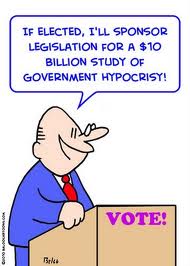
Closing the UK’s Democratic Deficit: Is a New Party of Local Notables The Answer?
In these days of financial crisis, austerity and expenses scandals, one doesn’t have to go far to find citizens complaining that our democracy is in decline. Most people do this from the comfort of their armchairs, shouting at Question Time or changing the TV channel when a particularly annoying politician crosses their screen. However, the founder of the Independent newspaper, Andreas Whittam Smith, is prepared to go one step further. Yesterday, Whittam Smith announced a plan for a new British movement to ‘restore democracy’. He argued that the UK’s current MPs are drawn from a narrow set of backgrounds – law, medicine, journalism and, of course, political hackery. In this view, we are left with a cohort of politicians more suited to marketing …

The Rising Brotherhood’s Wary Neighbours
After suffering decades of repression and forced to go underground, the recent election victory for Egypt’s Muslim Brotherhood has emboldened the movement to spread its influence in a region where mainstream political Islam has for so long been denied. At the same time, this is cause for much anxiety to the remaining despotic Arab regimes, particularly in the oil-rich Gulf. Even prior to the elections it was widely reported that the Saudi’s preferred an Egypt run by the remnants of Mubarak’s regime, such as Ahmed Shafik, than an Islamist candidate.[1] They fear that a brotherhood victory will not only embolden the already problematic Islamist opposition at home but also set the grounds for Egypt reclaiming leadership of the Islamic world, upstaging …
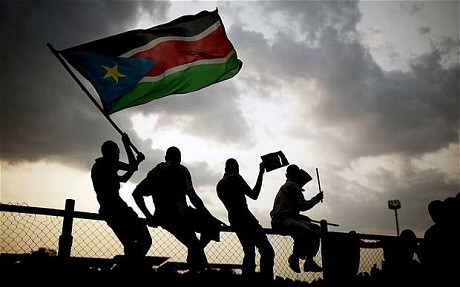
The Two Sudans, One Year On.
Following decades of internal civil strife, on July 11, 2011, the African nation of Sudan separated into two de jure sovereign states as the South finally gained its long-awaited independence. Yet those with any sort of intimate knowledge of Sudan will have viewed the scenes of jubilation across the South and the calm acceptance displayed by the North on the day of separation with caution. Although South Sudan’s moral claims to independence were never in doubt, its possibility of a peaceful future appeared, if anything, less certain following its separation from the North. A year on, it is a prescient time to reflect on how Africa’s most recently divorced couple are faring on their separate paths. For South Sudan, like …
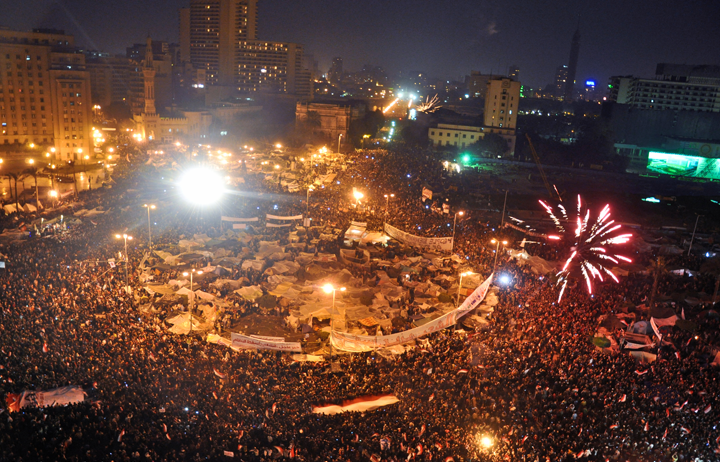
Egypt’s 2011 Revolution: Beyond Conventional Transitional Justice
After former Egyptian President Hosni Mubarak was toppled in February 2011, the Supreme Council for the Armed Forces assumed executive power in Egypt, and launched the ‘transitional period.’ In the seemingly boundless space created by Mubarak’s absence, millions of citizens freely debated every aspect of the emerging political and social order, in public meetings, at home, in the media, and on the streets. It was a time of limitless imagination. Meanwhile, amongst international and Egyptian human rights organisations, a more contained conversation began on the practice and precedents of transitional justice. Cairo soon played host to major conferences on the subject. In these meetings, three central assumptions were regularly made, particularly by international participants. First, transitional justice precedents offer the …

Discontent in Paradise: Protests in Hong Kong
This weekend, Hong Kong, the newly declared “best city in the world”, celebrated the 15th anniversary of its return to China, and swore in its new leader, Beijing-backed Leung Chun-ying, the third Hong Kong Premier since its re-joining of the mainland. However, events that took place on Saturday and Sunday have indicated that the public mood within Hong Kong is far from universally jubilant. While the official media has been full to the brim of Chinese nationalism-oriented elation, on the Saturday evening many residents of Hong Kong displayed their increasing anger with the actions and dictates of the parent state by protesting outside of the Convention centre where Hu Jintao was due to inaugurate Leung. Protests continued throughout the Saturday …

Conference Report: The Egyptian Revolution, One Year On
Having toppled a dictator of thirty years in the uprisings of January and February 2011, millions of Egyptians looked ahead to a future of comprehensive change. In May 2012, they faced the disturbing prospect of choosing a new president from a list that included Mubarak’s last prime minister, and foreign minister. When the former, Ahmad Shafik, was allowed to pass through to the second electoral round, waves of nationwide protest decried his candidacy. Yesterday, to the alarm of pro-revolution political forces, the High Constitutional Court dissolved parliament, and legislative powers passed to the ruling military council. Several prominent activists have slammed the entire transitional process, and have been protesting with fellow Egyptians to boycott a poll they dismiss as illegitimate …
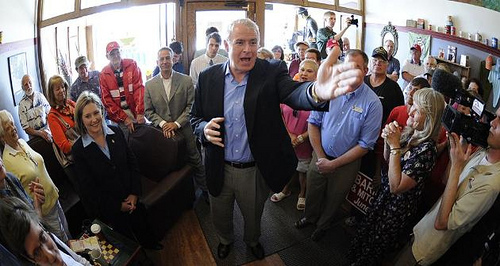
Campaign Lessons from the Wisconsin Recall Election—it’s not about television, field operations, or the internet, but about all of them
So June 5, Wisconsin’s Republican Governor Scott Walker beat his Democratic challenger Tom Barrett 53-46 in a expensive, hard-fought, and divisive recall election that gives a taste of what the fall general election will have to offer in swing states around the United States. Here are three observations about money and where it comes from, about television versus field, and about the role of the internet that will also apply as Obama and Romney face each other— First, this was a very expensive election and both candidate campaigns were heavily reliant on various forms of outside allies. According to the Wisconsin Democracy Project and the Center for Public Integrity, the Walker campaign spent $29.3 million and outside pro-Republican groups a …
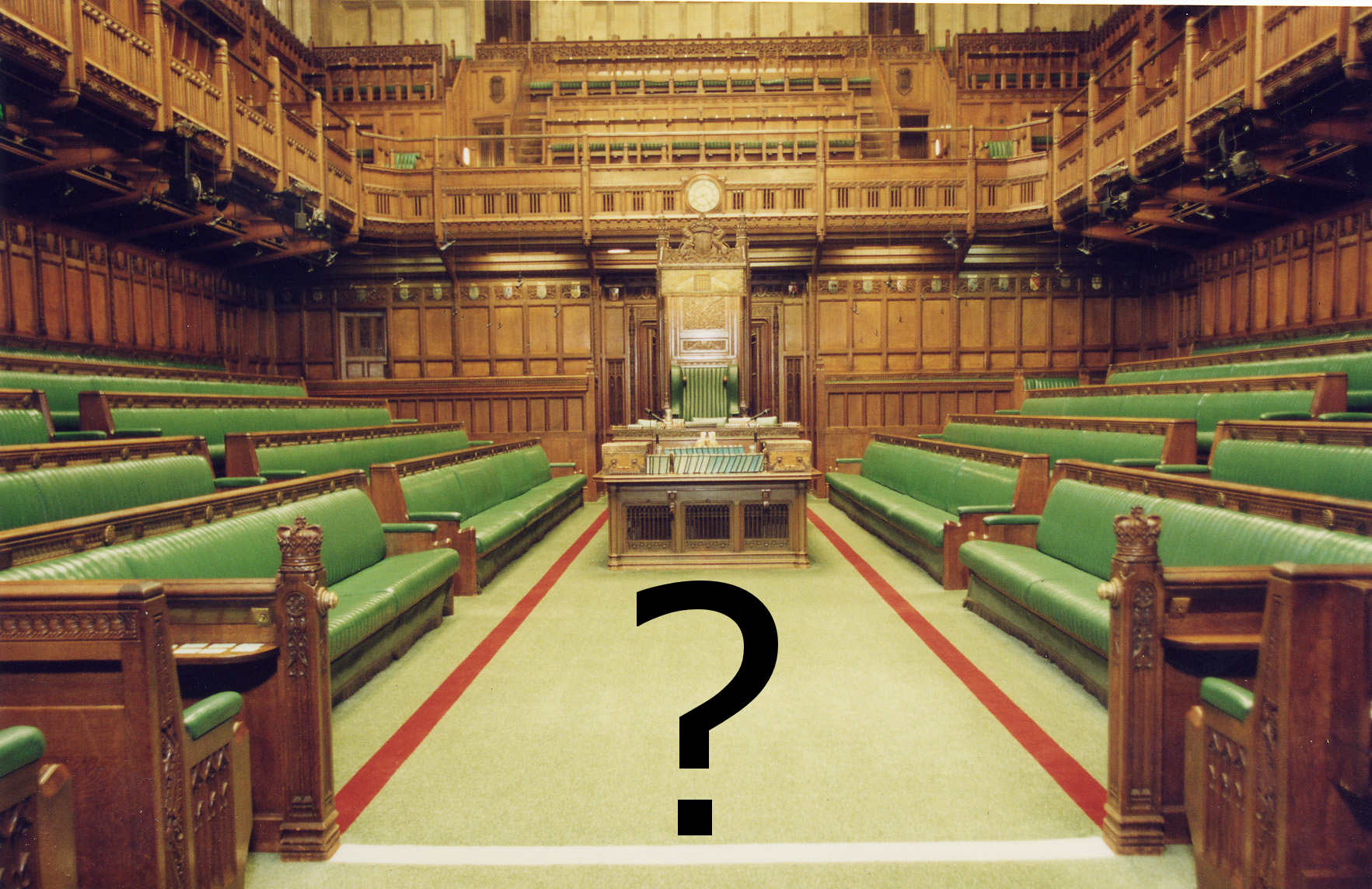
Predicting the next UK general election
As the results of the Local elections began to trickle in on Thursday night it soon became clear that the Labour Party had done well, gaining 824 councillors. The Conservatives, meanwhile, lost 403 and the Liberal Democrats lost 329. From this, the BBC reported an estimate of national vote share of 31% for the Conservatives, 38% for Labour and 16% for the Liberal Democrats, meaning that if these results were replicated at the next general election, Labour would win an 83 seat majority. But is there any reason to think that these results will be repeated at the next election? As I discussed in my last post, there are very good reasons to think that they won’t. But opinion in …









